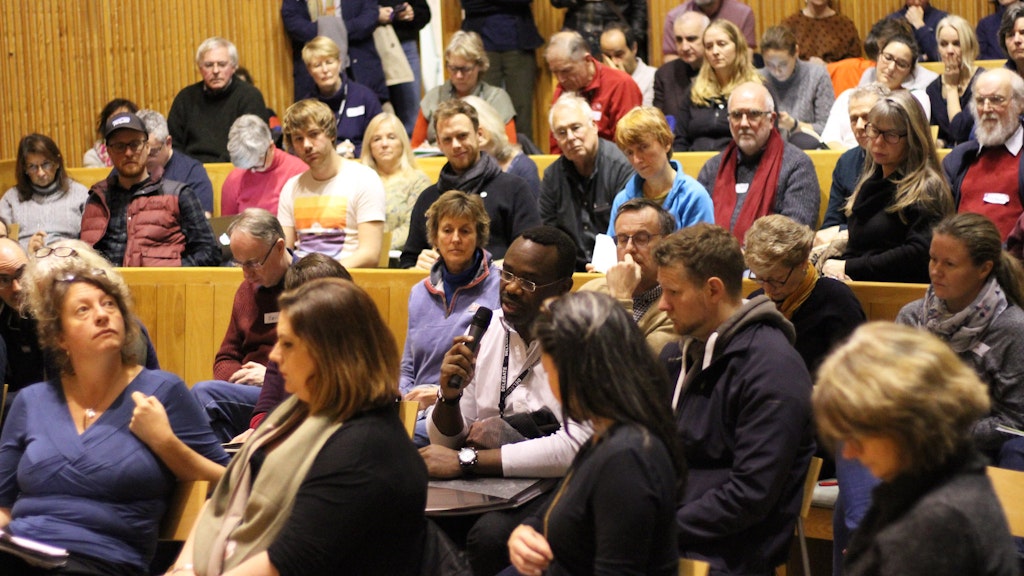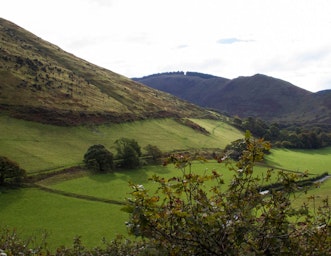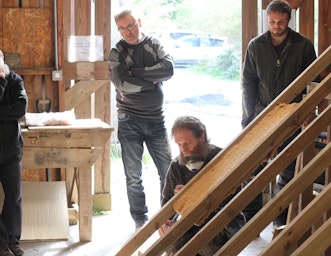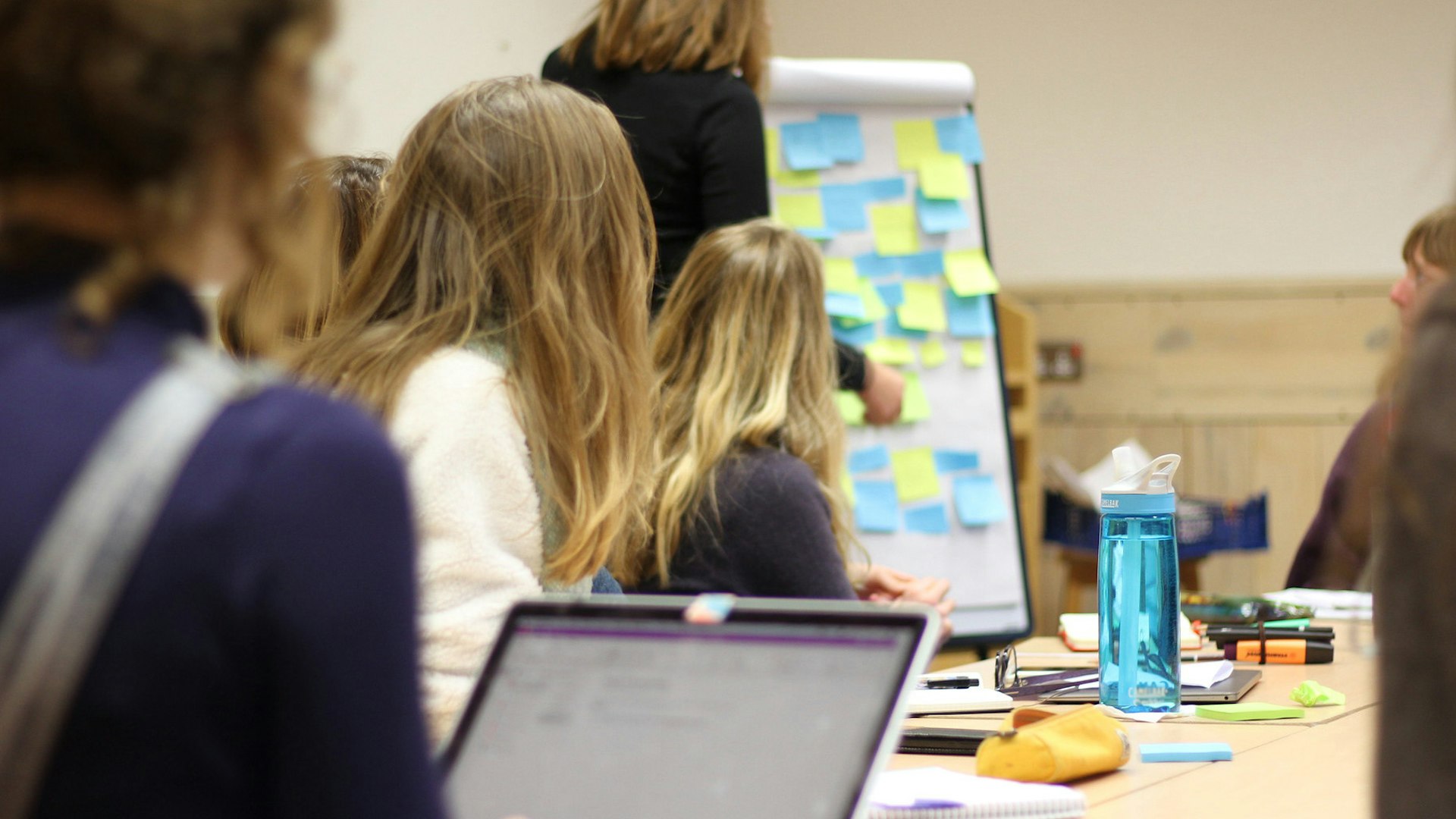
Lessons from Covid to Climate – action is vital!
June 24, 2020Home » Lessons from Covid to Climate – action is vital!
Climate change is a huge but foreseeable global risk. Paul Allen argues that the COVID-19 crisis has shown us the importance of early action and that governments should and can take the necessary steps to protect their populations.
This devastating virus has shown us how fragile countries and global systems are to major shocks.
While our attention has quite rightly been focused on both COVID-19 and the rising tide of actions calling for social justice, we must recognise that the ongoing challenge of the climate emergency continues to accelerate.
Last weekend, the Arctic Circle hit 45C in various locations, reaching its hottest temperature ever recorded. We have seen warnings from key climate experts, including NASA, NOAA, Berkeley Earth and the European agency Copernicus, that May 2020 was a record breaker. The world’s five warmest years on record have all occurred since 2015, with 2020 highly likely to be the hottest year on record.
One of the things that we have clearly learned from the global pandemic is that early action is vital. We must not let the first two decades of the 21st century be looked upon as the first weeks of the pandemic, wishing in hindsight that more had been done.
We have learned that rhetoric cannot hold back the realities of physics or biology. Of course, talking is important – it’s vital – but conversations must be focused on communicating the risks and, crucially, on the rapid delivery of the actions demanded by the evidence base.

An important conversation between members of the Climate Assembly UK has led to clear agreement around this. This group is both representative of the UK population, and understands the actions needed achieve net zero.
The group’s interim briefing published this week made it clear that:
- 79% of assembly members ‘strongly agreed’ or ‘agreed’ that, “Steps taken by the government to help the economy recover should be designed to help achieve net zero”;
- 93% of assembly members ‘strongly agreed’ or ‘agreed’ that, “As lockdown eases, government, employers and/or others should take steps to encourage lifestyles to change to be more compatible with reaching net zero.”
The choices our government makes now will define the shape of our society and economy for the next decade, and whether or not we succeed in the fight against the climate emergency.
The Climate Assembly UK’s full report, to be published in September, will provide a more detailed insight into the recommendations of this representative sample of the population on how the UK can reduce greenhouse gas emissions to net zero.
So, what do we do?
We must build on the increasing recognition of the urgency around climate change that has grown over last 18 months.
For some people, time has been freed up by furloughing and lockdown, offering the chance to get skilled up and take action. It is exciting that CAT’s Zero Carbon Britain: Live online courses have been fully booked, though there are still a few places left on the July 21/22 course.
People have also been active in their local communities exploring new approaches to food production, cycling, walking and nature engagement. But to convince the government, and create a clear civic call for action, we need to come together.
On 30 June, active citizens are gathering online for a virtual mass lobby. Thousands of people will use online tools to ask their MPs to put people, climate and nature at the heart of our nation’s recovery.
Bringing together our diverse voices in a collective call for action is more important than ever.
Sign up to join the virtual lobby on 30 June
For councils and communities struggling with the dual challenges of economic recovery from Covid-19 and responding to the climate crisis, a ‘build back better’ economic stimulus offers the potential for investments and can make a tangible difference in local areas.
We have a unique, once-in-a-generation opportunity to rebuild our economy in a way that embeds resilience, offers benefits across society, tackles the climate and biodiversity emergency, and delivers climate justice to the most vulnerable in the UK and around the world.
Paul Allen B.Eng (Hons) FRSA is CAT’s Zero Carbon Britain Knowledge and Outreach Coordinator.
- Zero Carbon Britain
- Climate Change
Related Topics
Related Pages
Related news


CAT Conversations: Sandy Stevens, CAT graduate
17th April 2025
CAT stories – Nick Parsons and Mike Russell
29th January 2025
‘The finance COP’
29th November 2024
Did you know that CAT is an educational charity?
Enews Sign Up
Stay up-to-date with the latest news, events and activities from CAT by signing up to our Enews and following us on social media.

